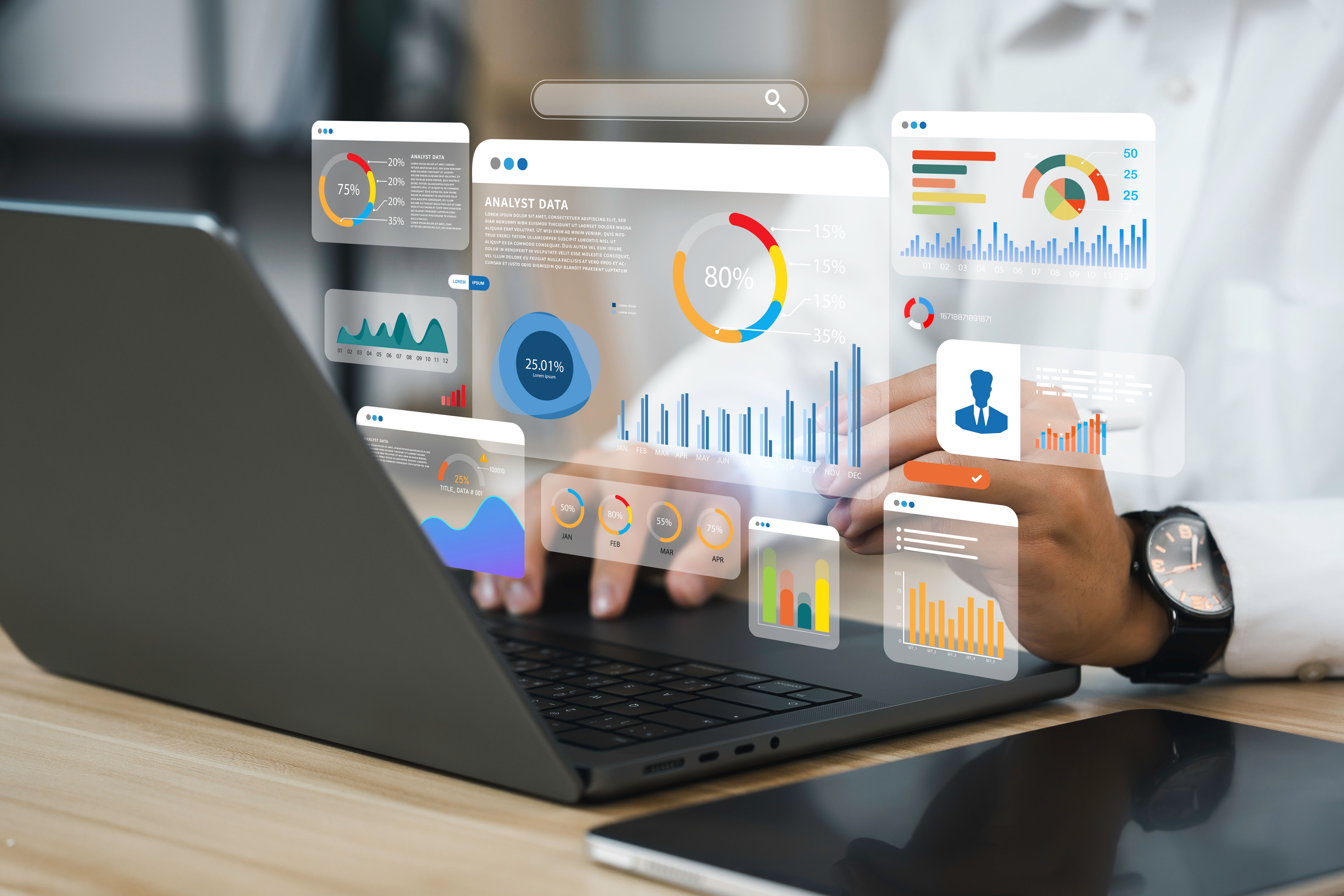Inflation: Impact on Prices and Purchasing Power
Understanding Inflation: Impact on Prices and Purchasing Power
Inflation is a term that often appears in news headlines, economic reports, and financial discussions. It refers to the rate at which the general level of prices for goods and services rises, eroding purchasing power over time. Understanding the impact of inflation on prices and purchasing power is crucial for making informed financial decisions.
At its core, inflation signifies a decline in the purchasing power of a nation's currency. This means that over time, you need more money to buy the same goods and services. For example, if the inflation rate is 2%, a loaf of bread that costs $1 today will cost $1.02 next year. While these changes may seem small in the short term, they can significantly affect long-term financial planning.

Causes of Inflation
Inflation can be driven by various factors, broadly categorized into demand-pull inflation and cost-push inflation. Demand-pull inflation occurs when the demand for goods and services exceeds their supply. This can happen in a booming economy where consumer confidence and spending are high.
On the other hand, cost-push inflation arises when the costs of production increase, leading businesses to raise prices to maintain profit margins. Factors like rising wages and increased raw material costs can contribute to this type of inflation.
Measuring Inflation
Economists measure inflation using several indices, with the Consumer Price Index (CPI) being one of the most common. The CPI tracks changes in the price level of a basket of consumer goods and services purchased by households. Another measure, the Producer Price Index (PPI), focuses on the prices received by producers of goods and services.

Central banks closely monitor these indices to adjust monetary policies accordingly. By understanding how inflation is measured, individuals can gain insights into economic trends that may impact their personal finances and investments.
Effects of Inflation on Purchasing Power
Inflation directly impacts purchasing power—the value of money in terms of the quantity of goods or services it can buy. As inflation rises, purchasing power falls if income levels do not increase at the same rate. This means consumers can afford less with the same amount of money.
To protect against this, individuals may need to adjust their budgets, seek higher returns on investments, or increase their income through side jobs or career advancements. It is essential to stay informed about inflation trends to make proactive financial decisions.

Strategies to Mitigate Inflation's Impact
There are several strategies individuals can employ to mitigate the impact of inflation on their finances:
- Investing in assets that typically outpace inflation, such as stocks or real estate.
- Building a diversified portfolio that includes bonds and commodities, which can provide stability during inflationary periods.
- Regularly reviewing and adjusting personal budgets to reflect changing prices and ensure effective money management.
By adopting these strategies, individuals can better safeguard their wealth against the eroding effects of inflation.
Conclusion
Inflation is an inevitable part of economic cycles, influencing prices and reducing purchasing power over time. By understanding its causes, measuring its impact, and implementing effective strategies, individuals can navigate its challenges more effectively. Staying informed and proactive can help in maintaining financial stability amidst changing economic conditions.
